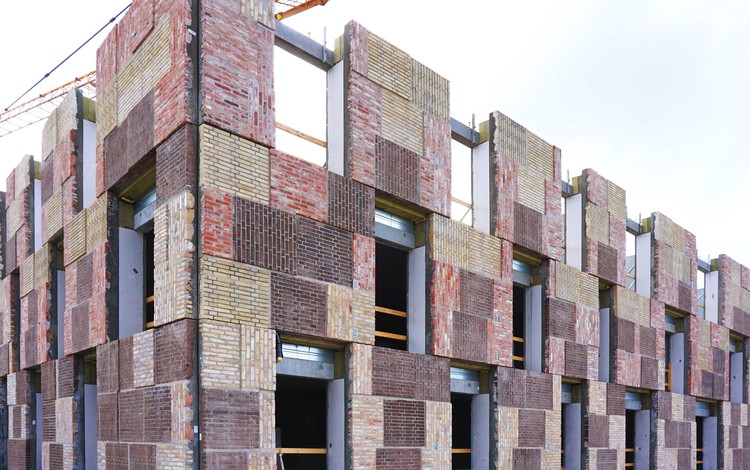Concrete is one of the most widely used materials in construction. It has been used for centuries and is known for its strength, durability, and versatility. However, with the emergence of new materials and technologies, the question arises: is concrete still the best material for construction?
Advantages of Concrete:
Concrete has several advantages that make it a popular choice for construction. Firstly, it is a strong and durable material that can withstand heavy loads and extreme weather conditions. Secondly, it is fire-resistant and can provide excellent insulation. Thirdly, it is a versatile material that can be molded into different shapes and sizes, making it suitable for a wide range of applications. Finally, it is a cost-effective material that is readily available and easy to work with.
Disadvantages of Concrete:
Despite its many advantages, concrete also has some disadvantages. Firstly, it is a heavy material that requires a strong foundation, which can add to the cost of construction. Secondly, it is a brittle material that can crack under certain conditions, such as extreme temperatures or seismic activity. Thirdly, it is not an environmentally friendly material, as it requires a large amount of energy to produce and can contribute to carbon emissions.
Alternatives to Concrete:
There are several alternatives to concrete that are gaining popularity in the construction industry. One such material is timber, which is renewable, lightweight, and has a low carbon footprint. Another alternative is steel, which is strong, durable, and can be recycled. Finally, there are new materials such as carbon fiber and graphene, which have the potential to revolutionize the construction industry with their strength and durability.
Conclusion:
In conclusion, concrete is still a popular choice for construction due to its strength, durability, and versatility. However, it is not without its drawbacks, and there are several alternatives that are worth considering. Ultimately, the choice of material will depend on the specific requirements of the project, as well as factors such as cost, availability, and environmental impact.
